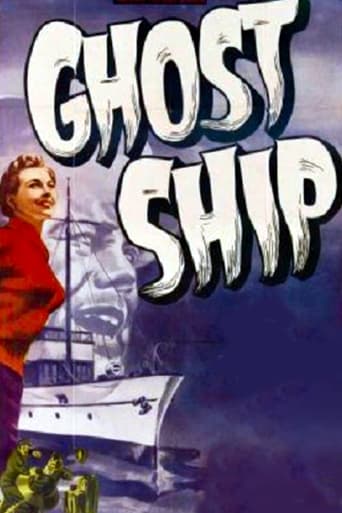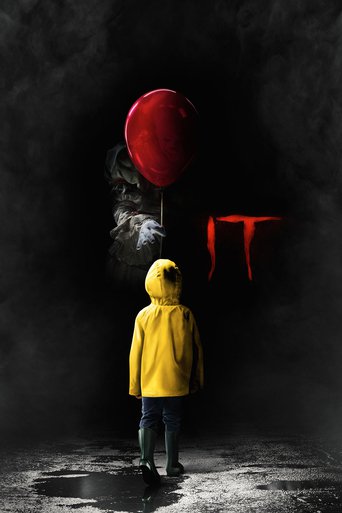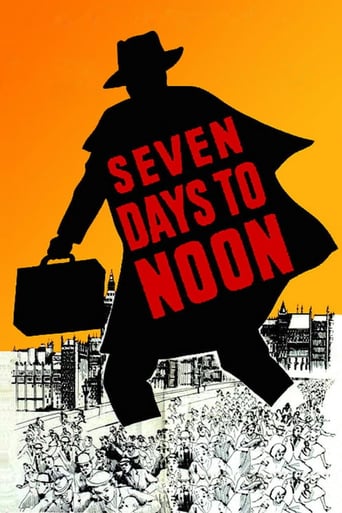


Seven Days to Noon
An English scientist runs away from a research center with an atomic bomb. In a letter sent to the British Prime Minister he threatens to blow up the center of London if the Government don't announce the end of any research in this field within a week. Special agents from Scotland Yard try to stop him, with help from the scientist's assistant future son-in-law to find and stop the mad man.
-
- Cast:
- Barry Jones , André Morell , Olive Sloane , Sheila Manahan , Hugh Cross , Joan Hickson , Ronald Adam


Similar titles
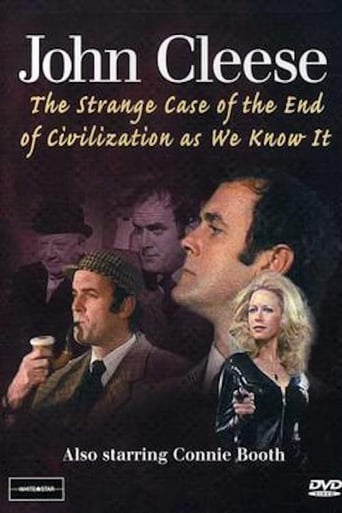
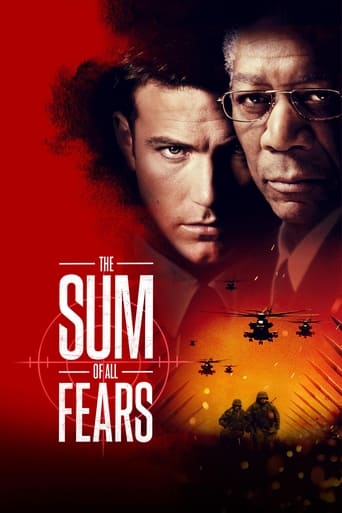
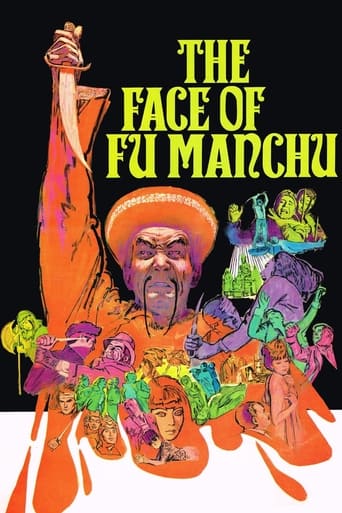
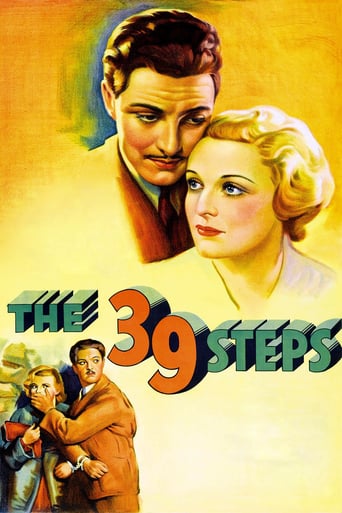

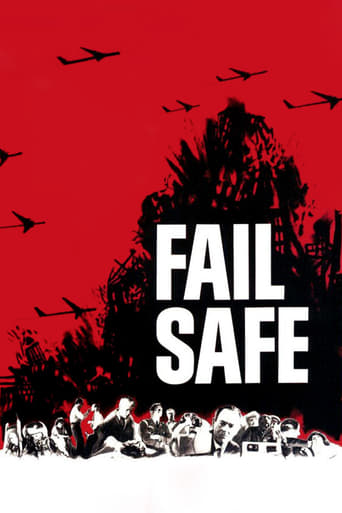
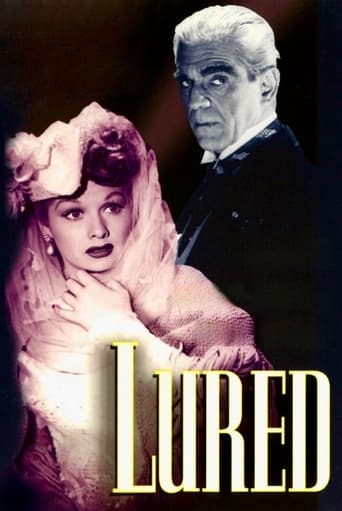
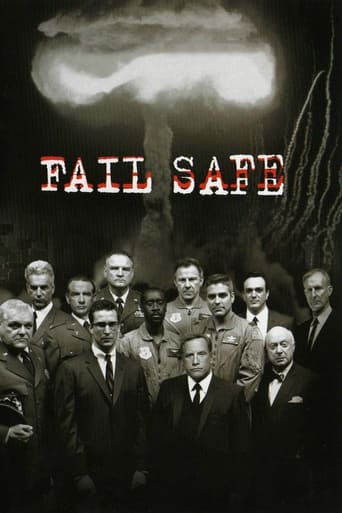

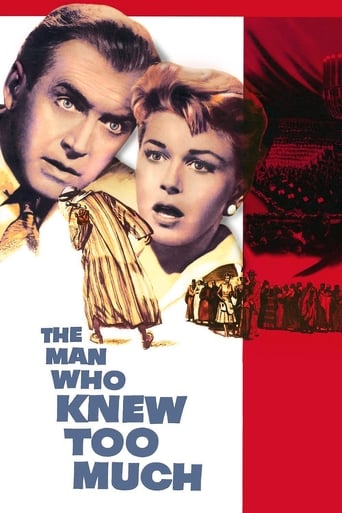
Reviews
Overrated
good back-story, and good acting
The plot isn't so bad, but the pace of storytelling is too slow which makes people bored. Certain moments are so obvious and unnecessary for the main plot. I would've fast-forwarded those moments if it was an online streaming. The ending looks like implying a sequel, not sure if this movie will get one
It is an exhilarating, distressing, funny and profound film, with one of the more memorable film scores in years,
I could be wrong but I think this movie, which I saw when it appeared at local cinemas in 1951, was the very first serious production about the possibility of lone-wolf nuclear terrorism. These days, we probably get a new spin on that concept almost every year at the cinema.So, this film is distinctive for that and many other reasons, not the least of which is the semi-documentary style of the narrative which shows, in exquisite detail, the preparations required to evacuate a modern metropolis in the face of nuclear threat. Obviously, the co-operation of the entire city of London was needed to put it all on film.The title, moreover, is distinctive in that it reverses the biblical myth of the creation of the world in seven days. In this story, the antagonist – an emotionally disturbed nuclear scientist – is dead set upon destroying his world in seven days.It's distinctive also in that it takes us into the mind of the said deranged scientist, Professor Willingdon (Barry Jones), showing how he thinks and how he cleverly evades detection from authorities by his local knowledge, his demeanor with people he meets and by taking advantage of opportunities as they arise. So, it's a lesson in the art of remaining on the run to do your worst.The Boulting brothers use all the best tricks of shadow, low lighting, narrow streets and darkness to great effect. Incidentally, not only are some of the Boulting camera techniques up and down staircases vaguely reminiscent of how Hitchcock used the Bate's staircase in Psycho (1960), but also the introductory, frenetically paced sound track at the start of SDTN certainly caused me an "Ah-ha!" moment when I recalled the opening sound track of Psycho. There is, after all, no greater flattery than copying...Finally, the movie is well-paced over all, with just the appropriate amount of light relief occasionally; most of the time, though, the plot proceeds at a relentless pace as befits an excellent thriller, keeping the viewer glued to the screen. However, it's all done with superb British aplomb and without the need for car chases, crashes, shootings (there is only one shooting) and such like. Along the way, of course, we are given the benefit of the writer's opinions – through the script of course – about nuclear war, nuclear proliferation, the Cold War, national security and so forth; one must expect it, given the times when the film was made.The cast is uniformly good, even excellent, especially Barry Jones. Not to be ignored is Andre Morrell as Special Branch Supt. Folland, a cool, perfect foil to the emotionally troubled Willingdon. Watch for a young – and thin – Geoffrey Keen as a patron in a pub. Special mention goes to Olive Sloane as Goldie who unwittingly becomes Willingdon's companion during his efforts to evade capture. Significantly, and appropriately, Goldie has the last line of the story when – while sitting on her suitcase in the middle of Westminster Bridge and as the All Clear wails across London – she asks her little dog: "What will we do now?"She, of course, decides to walk back home. Today, we, of course, are still wondering what to do about the twin curses of nuclear bombs and nuclear proliferation.Give this ground-breaking, timeless story eight out of ten. Highly recommended.February 18, 2012.
Barry Jones is a devoted atomic scientist who gets religion and believes that his entire life has been given over to purposes of evil. He steals an atomic device and walks off with it, then mails the Prime Minister a demand that England stop the manufacture of atomic weapons. If he doesn't get the desired response in seven days, he'll detonate the device near the seat of government. Everything in a radius of twelve square miles will be demolished.The British government is not so easily cowed. The PM decides to remain with his staff in London, while the population of the city is evacuated, and a thorough search is made of London's neighborhoods in pursuit of Jones and/or the sinister black bag he's carrying around.This is a serious and thought-provoking movie with considerable suspense, nicely directed by the Boultings and with solid performances from the cast, particularly Andre Morell as Superintendent G. W. Folland. Olive Sloane has an important supporting role as an aging show-business floozy who puts Jones up for the night -- it's never made clear whether the kitchen is open or not -- and is later held captive by him. However, her chipper character and cute dog probably aren't as amusing as the writers may have thought.There are some amusing moments amid the drama. While the soldiers, in full field kit, are searching all the houses in all the rooms in the city, we get glimpses of one soldier going through a drawer filled with a lady's lingerie, pulling out a pair of what he unquestionably would have called knickers, glancing around, then stuffing the item in his blouse. Another grunt halts momentarily in his search through a pub, long enough to take a healthy swig out of an open bottle.And two soldiers who have been called up to help in the evacuation and search are cleaning one of the trucks. A non-com passes by and snaps out an order. When he's gone, one of the soldiers explodes in a bitter tirade about working hours, in which every other word is a monstrous curse rendered as "flippin'". When the rage is exhausted, the second soldier nods vigorously and comments, "You're flippin' right, Charlie." There isn't much to laugh at in the rest of the story, but there's a good deal to think about. Jones, as a person, is played sympathetically but is written as a hopeless idealist. The PM explains it all for us, the audience. Jones pays the price of all hopeless idealists. He hasn't harmed anyone but the entire city is upset about him, and besides the pet dogs and parrots have had to be abandoned. Nice shots of deserted Trafalgar Square, Westminster Bridge, Picadilly, and other tourist spots. These shots are common in end-of-days movies but I always kind of like them.Despite the graininess it shares with many other post-war British films, it's a professional production all around. And I can't help noticing that, now that the Cold War is finished, Jones' moral position carries more weight than ever. At one point, he quotes Milton: "Dark, dark, dark, amid the blaze of noon." Maybe the chief problem is not the atomic bomb but human nature, which seems intent on wielding it.
Seven Days To Noon is another masterpiece from the Boulting Brothers and, as you would expect is superbly written and directed.The much-under-rated Barry Jones is simply wonderful as the kindly professor with a moral dilemma. The cast succeeds in maintaining the tension nicely and Andre Morell is particularly convincing as the Superintendent, however I feel the most impressive part is the documentary-style photography, which allows the viewer a most interesting and revealing snapshot of post-war London.Anyone who enjoys the classic English dramas of the 40s and 50s will love this.Not to be missed.Please somebody bring it out on DVD soon!
Gawd knows what planet some reviewers here are living on if they think this movie belongs to the sci-fi genre.Of course it doesn't.It's in a league of its own, a 'protest' movie made before CND was thought of and a film with a social conscience long before other UK film-makers had awakened to the realities of the new world (i.e., nuclear era).There's nothing 'sci-fi' in 'Seven Days To Noon' other than the fact that the writers fictionalised the ease with which a nuclear device could be carried around the streets of a city back in 1950. The issues broached by the movie are all too real, and given the way that at this particular moment in history, when the populace at large was still woefully ignorant of nuclear war (remember, both the US and UK Governments consistently denied that anyone ever died of radiation at Hiroshima; it was the blast-effect wot did it, guv) the movie must rank as one of the bravest made by any British studio.Obviously, it has dated. Obviously, the characterisation and dialogue is out of the Ark. But in 1950, we really weren't that long out of the Ark anyway, our collective simplicities pretty well mirrored in the Cockney stereotypes which people the film.Verdict: a lost gem of British film-making -- but never, ever, an example of science fiction.


